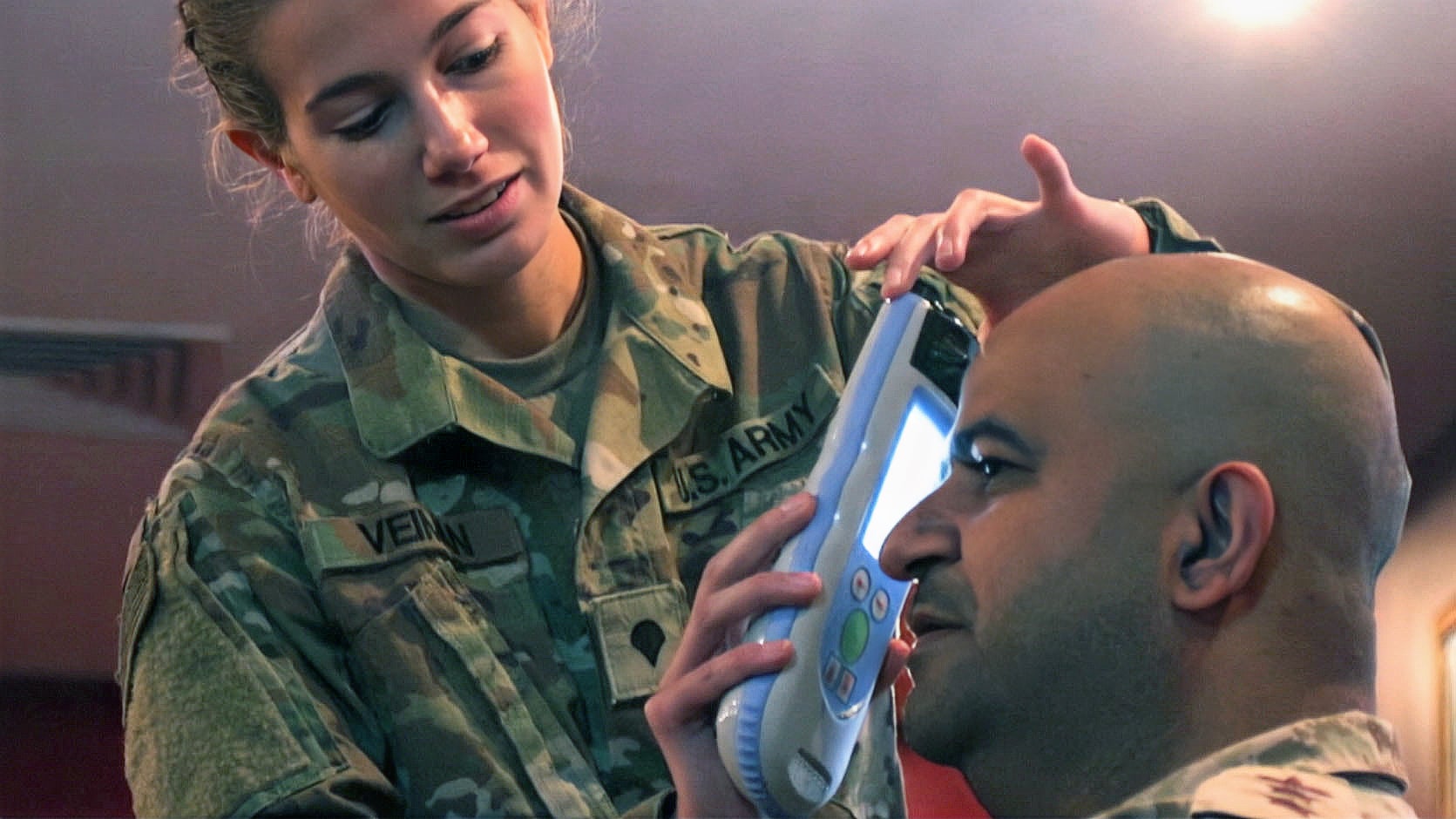DoD Expands Efforts to Improve Brain Health
DoD Expands Efforts to Improve Brain Health

The military is leading the way on brain injury care through its Warfighter Brain Health Initiative.
“A top priority for the DoD is taking care of our people,” said Dr. Lester Martinez-Lopez, assistant secretary of defense for health affairs, in a DoD news release. “This priority includes promoting brain health and countering traumatic brain injury in all its forms.”
The Warfighter Brain Health Initiative is focused on “optimizing service member brain health and countering traumatic brain injuries,” according to its webpage. Efforts include monitoring service members, instituting injury prevention safety measures and providing innovative brain injury treatments.
Traumatic brain injuries can happen after a blow to the head, objects striking the head and nearby blasts or explosions, and they are considered “one of the signature injuries” of troops wounded in Iraq and Afghanistan, according to a DoD special report.
The brain health initiative has grown since it was launched in June 2022.
“In 2022, we finalized all the strategy and actions to include capturing joint requirements so that we had one master roadmap for the department,” Kathy Lee, director of warfighter brain health policy, said in the DoD news release. “Now in 2023, we have moved out with safety information and will continue to share more as we further our understanding of brain threats, injuries, and effects on brain health.”
Between 2000 and 2023, there were 282,795 cases of traumatic brain injury among soldiers, according to data from the Defense Health Agency.
Service members can experience exposure to blasts in a variety of ways, research found. “Blast exposure derives from both enemy action in combat and from training on our own weapons and tactics,” Lee said. “Experiences by service members in recent conflicts and training environments illuminated concerns related to repetitive subconcussive blast exposures and effects on brain health.”
Soldiers who have concerns that they may be experiencing symptoms of a traumatic brain injury, which can include headaches, blurred vision or difficulty with concentration or memory, should seek medical care.
“If you have a head injury, whether it’s due to an IED blast, due to an automobile accident or even a sports injury and you’re having symptoms … don’t try to go this alone,” retired Lt. Gen. Roger Cloutier said in a 2022 Army video. Cloutier began experiencing TBI symptoms after a tour in Iraq where he endured seven IED blasts.
Maintaining soldiers’ brain health is an essential part of their wellness. “We needed to address threats in holistic and comprehensive ways and started looking at cognition as the main indicator of brain health,” Lee said. “We have been focusing on identifying threats in our environment and better understanding impacts on brain health so that we can protect troops through their entire careers.”
To learn more, click here.

